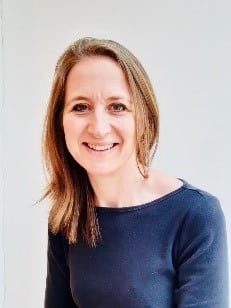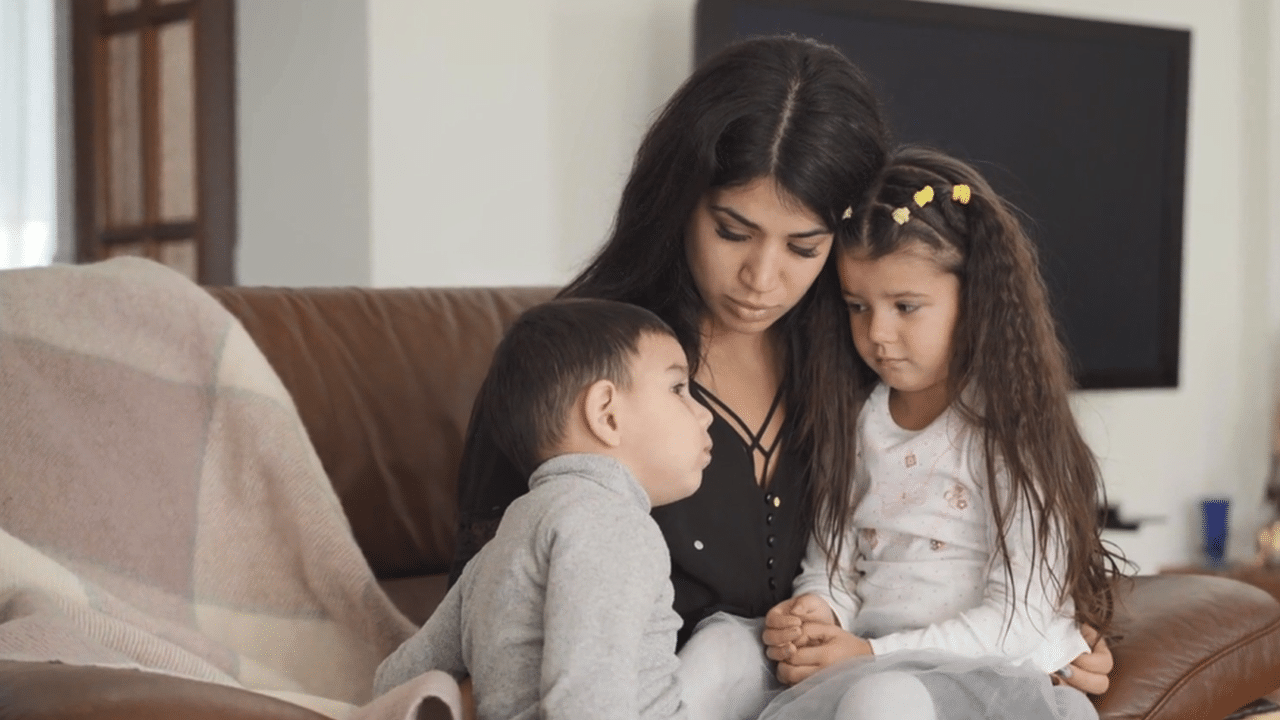Louise Dalton
Clinical Psychologist
I studied Natural Sciences at Cambridge before training as a Clinical Psychologist in Oxford. I spent many years working in the NHS with children, adults and their families who were affected by medical conditions requiring many years of treatment. My job was to try and make sure patients’ psychological needs were at the centre of their treatment and involved working alongside surgeons, orthodontists, neurologists and speech therapists. Over the last ten years I’ve spent increasing amounts of my time involved with research at the University. Our research group focuses on children in situations of adversity, with the aim of understanding what helps some children thrive despite immense challenges. This enables us to develop and test interventions to support children’s outcomes both in the UK and in sub-Saharan Africa. The diagnosis of an adult’s serious illness can be challenging not only for them, but for the people they love in their family and beyond. Adults understandably want to protect children from difficult news, but evidence consistently shows that effective communication with children about what is happening is associated with better psychological outcomes and family functioning. These can often feel daunting conversations for both families and healthcare professionals, who sometimes feel uncertain about whether to raise the sensitive subject of what children know about the diagnosis with their patients. Dr Elizabeth Rapa and I are passionate about equipping healthcare professionals, patients and children with the skills and confidence to talk about serious illness in the family. We have developed a short animation for healthcare professionals about the importance of identifying patients who have relationships with children (e.g. as a Grandparent, Uncle or Step-parent) and guiding them to resources to support telling children what is happening.
We are also carrying out a research project to understand more about illness-communication in the UK Bangladeshi and Pakistani communities as their voices have been poorly represented in previous research.
Find out more about our research on talking to children about difficult topics here.



